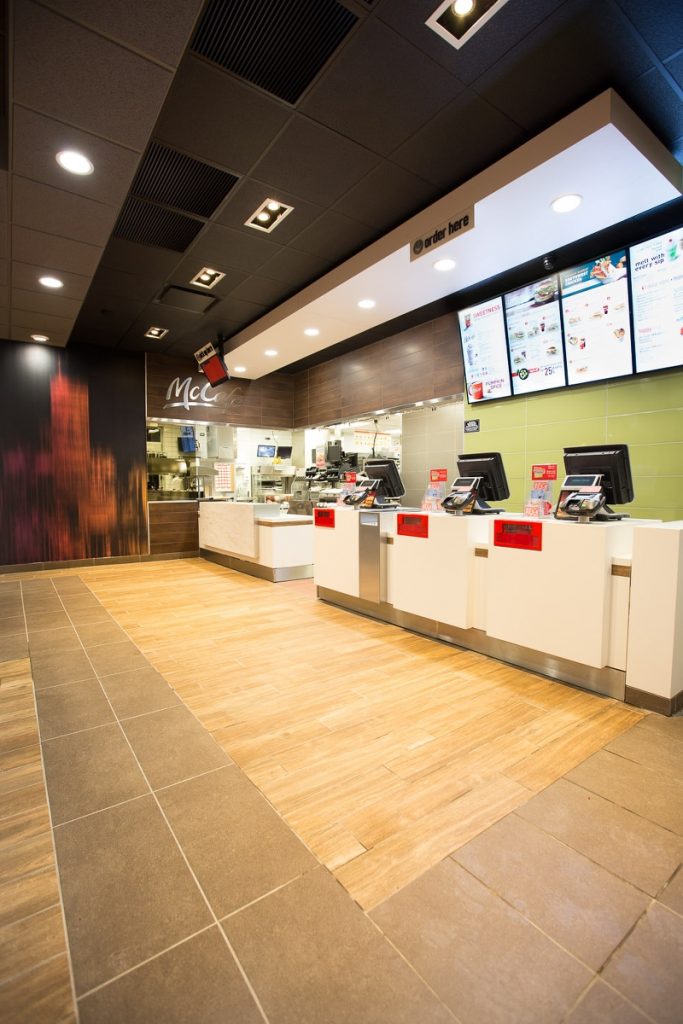McDonald’s acquisition will improve supply chain

Fast food giant McDonald’s is acquiring Dynamic Yield in $300m deal that has big implications for its supply chain set up. McDonald’s says it will utilise Dynamic Yield’s technology to provide an even more personalised customer experience, icluding varying outdoor digital Drive Thru menu displays to show food based on time of day, weather, current […]
Investors pile sustainability pressure on fast food supply chains

Global investors representing more than $6.5 trillion have called on six of the largest companies in the $570 billion global fast-food sector to act urgently on the climate and water risks in their supply chains. The investors have sent letters to Domino’s Pizza, McDonald’s, Restaurant Brands International (owners of Burger King), Chipotle Mexican Grill, Wendy’s […]

